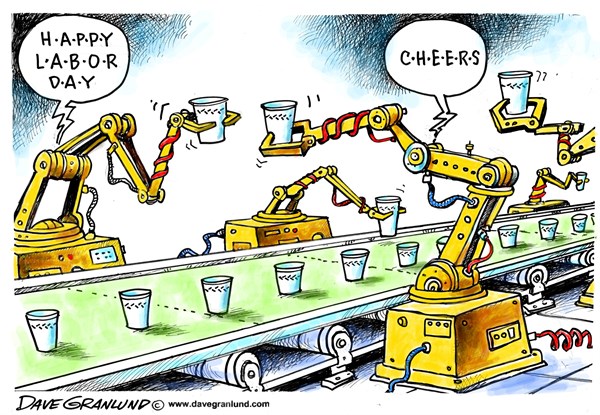Today’s music break is a reflection on 9/11. It’s still hard to process those events, despite the millions of words written about the attacks. Musically speaking, it was a very creative time. But there were bad calls too. After the attack, a Clear Channel program director took it upon himself to identify a number of songs that certain markets or individuals may find insensitive: No less than 165 songs were purportedly banned, ranging from Peter Paul and Mary’s “Leaving on a Jet plane,” to Sugar Ray’s “Fly,” to REM’s “The End of the World as We Know It”, and all songs (!) by Rage Against the Machine.
The music created in the aftermath of 9/11 documents America reacting to our collective trauma. There is sentimentalism. Anger. Calls to arms. Revenge. This long after 9/11, you already know many of the tunes that, like in church, are played on each anniversary, and you know where to find them, they are not here today.
For the 13th anniversary, here are a few songs (and a short film by Woody Allen) that you may not have heard/seen as much that memorialize how we felt after the attacks.
Among the best songs produced after the attack is On That Day by Leonard Cohen from his 2004 album, Dear Heather. Cohen is simply “holding the fort” for a “wounded New York.” No pointing fingers, no aggression, its a healing number to get you started on your day of reflection:
Here is the key lyric:
Some people say
It’s what we deserve
For sins against god
For crimes in the world
I wouldn’t know
I’m just holding the fort
Since that day
They wounded New York
If there was nuanced reaction to 9/11, it was Springsteen’s 2002 album, The Rising. With “You’re Missing,” Springsteen translates the horror of 9/11 into raw pain:
Lyric:
Pictures on the nightstand, TV’s on in the den
Your house is waiting, your house is waiting
For you to walk in, for you to walk in
But you’re missing, when I shut out the lights
You’re missing, when I close my eyes
You’re missing, when I see the sun rise
You’re missing
Children are asking if it’s alright
Will you be in our arms tonight?
Next, from the British band James, here is Hey Ma. James’ lead singer Tim Booth sings, “Now the towers have fallen, so much dust in the air,” on this title track from the Brit-pop group’s 10th studio album. The song examines the price paid for revenge. Many of us felt a need to avenge the wrong that was done, perhaps by making “choices worse than the fall.” Some images are disturbing:
Next, Juliana Hatfield takes us through the early parts of the 5 stages of grief with her song, “Hole In The Sky”. This is a conversation by the artist and DJ George Bodarky on WFUV, Fordham radio,with her song mostly in background. Hatfield admits that she was terrified about going into New York City after the 9/11 tragedy. She was also too afraid to fly. She talks about creating some of the lines in the song as well:
Finally, a short film by Woody Allen made for the Concert For New York City, 2001. Watch it and laugh:
Best lines:
“I was mugged coming back from the Opera. They took my gas mask, my flashlight, all my Cipro™“.
(You may remember that Cipro™ was for the deeply paranoid who thought that there would be anthrax attacks)
Bebe Neuwirth: “I heard that Rudy Giuliani and Al Sharpton got a house together on Fire Island”

